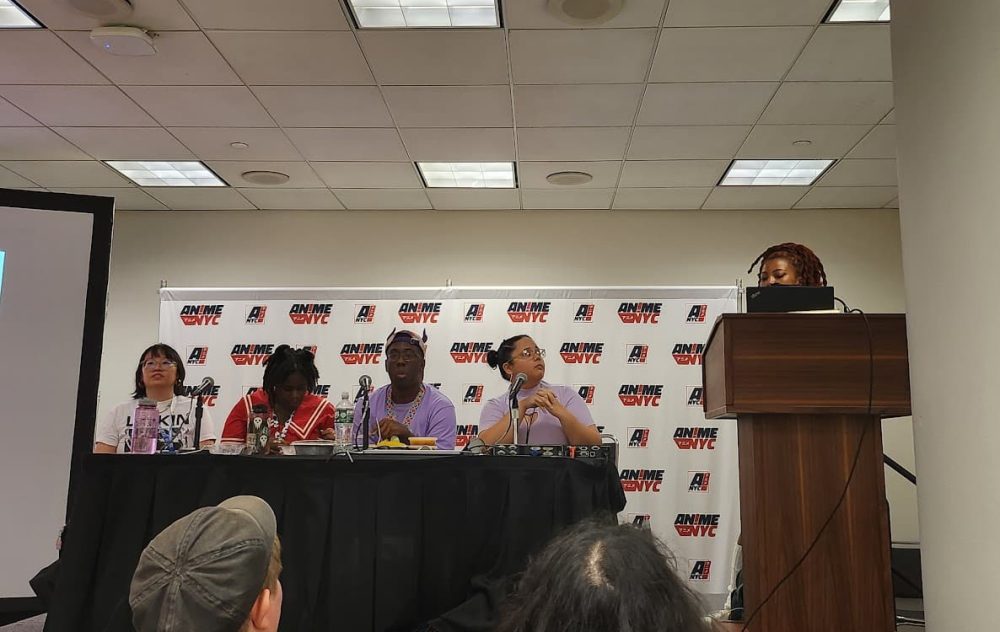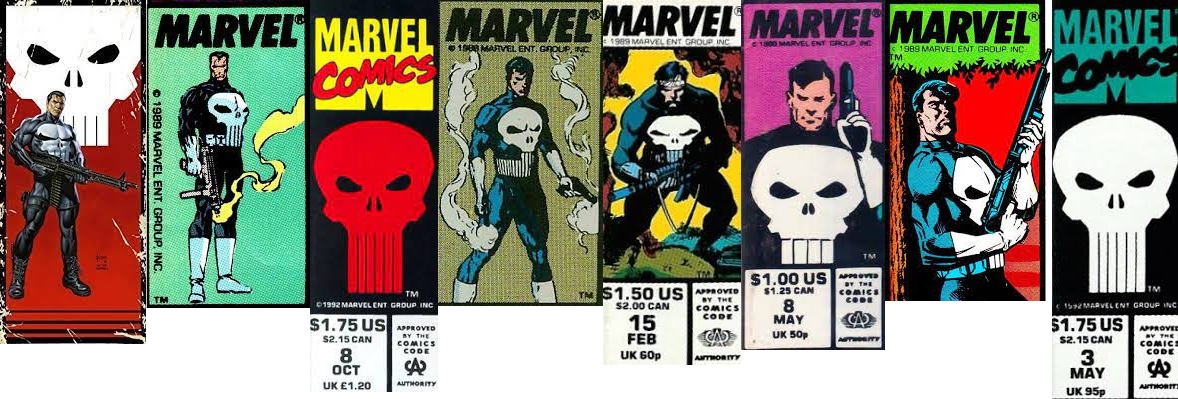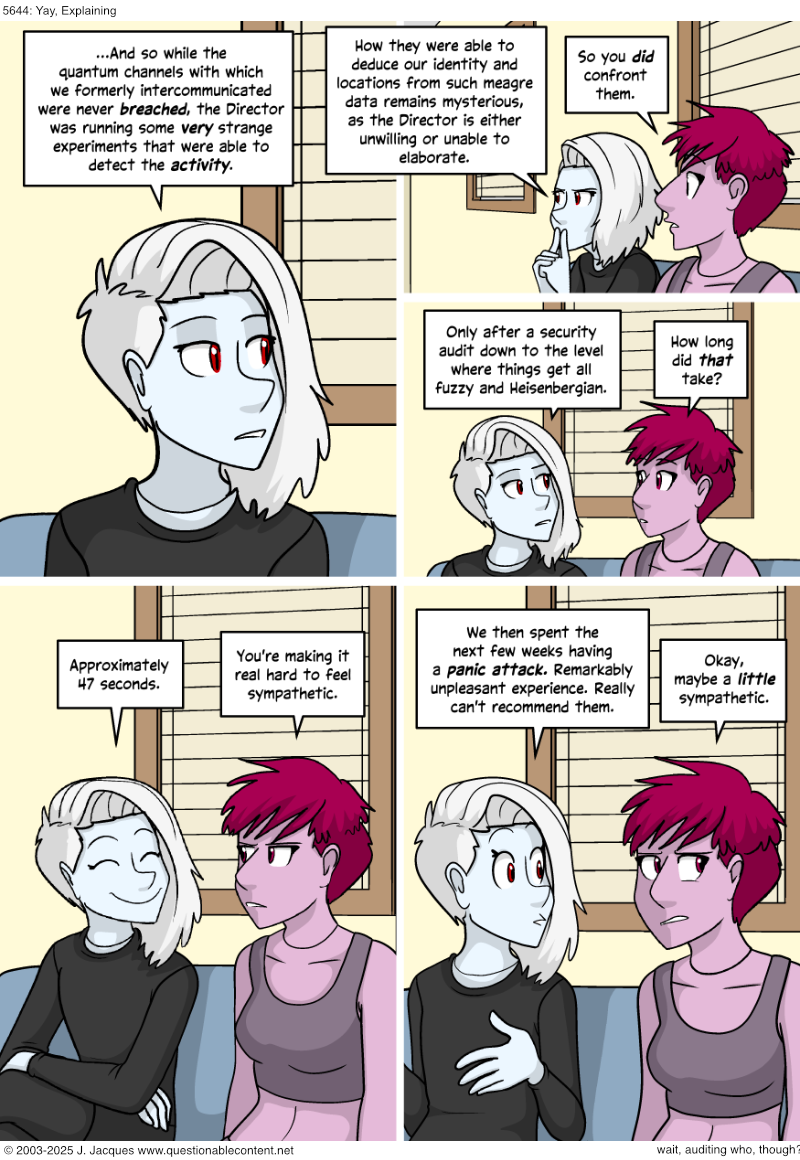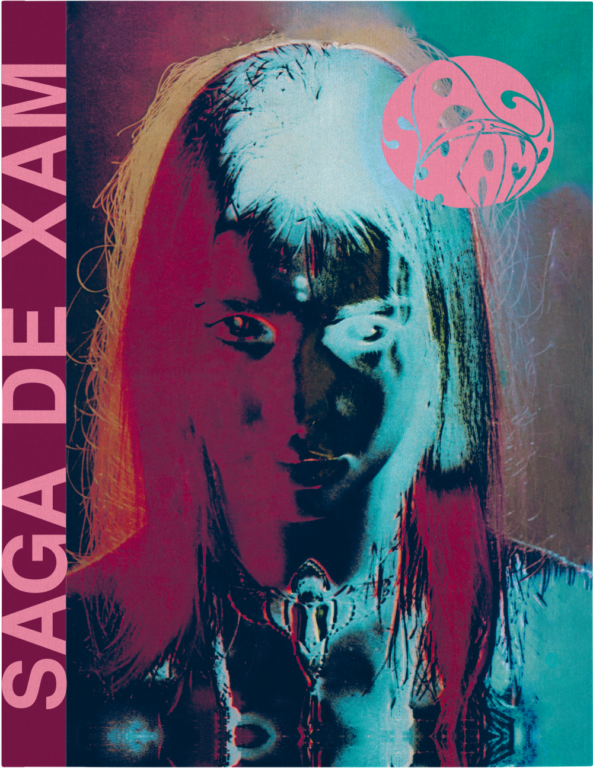The “Creating Your Lane in Comics and Manga” panel returned for its second year at AnimeNYC 2025. Bria Strothers moderated the panel, which featured cartoonists and writers Gigi Murakami (Resenter), Lucy Camacho (Heroes Circle), Tony Weaver Jr. (WEIRDO), and Wendy Xu (The Infinity Particle), who discussed their experiences in comics and manga publishing as BIPOC creators.
 Photo Credit: Masha Zhdanova
Photo Credit: Masha ZhdanovaAll four creators have followed very different paths to publishing. Murakami found some success publishing independently before being approached for opportunities by publishers such as Abrams and VIZ Media, while Camacho pursued traditional publishing with an agent for a while before amicably parting ways and deciding to publish independently instead.
Weaver explained that independent or self-publishing is not an option for middle-grade or children’s graphic novels, as the school and library market is heavily skewed towards traditional publishing. “Making an indie kid’s book is like trying to ski uphill,” he said.
Xu is currently working on the third book of her three-book deal with HarperCollins and is focusing on taking her time and having fun creating it, inking with a dip pen rather than working digitally.
Murakami emphasized that the support of the VIZ one-shot program helped her understand what readers want more, but there was a time in the writing process where she felt the story was losing its way. The drafting process for the one-shot required several rounds of revisions before she was happy with Resenter, a story about revenge and morality. She also mentioned that while many mangaka are highly anonymous, “I have always approached my career with the idea that I was always going to be visible.”
 Photo Credit: Masha Zhdanova
Photo Credit: Masha ZhdanovaCamacho’s work draws on her personal background and focuses on the tension between familial expectations and societal expectations of immigrant kids, exploring questions such as “how do you make relationships when your family needs you?” She was on submission with a literary agent for two and a half years before deciding to publish her 32-page one-shot on her own through GlobalComix. Publishing the one-shot led her to find not just her readers, but also freelancers, editors, and fellow creatives who want to support her work and help her make it better. Camacho also mentioned there were discords of both aspiring and published mangaka that share tips and tricks for making manga.
Xu discussed the importance of making work that understands the big, complicated feelings of young people. “Growing up is hard,” she said. She put a lot of thought into the development of her fictional city on Mars in The Infinity Particle, making it more optimistic and aesthetically pleasing than the tech world aesthetics of today. “I wanted a world of beauty.”
As the panel came to a close, Weaver addressed the crowd for a “three-minute bootcamp.” “You need to figure out how you’ll monetize on day one,” he said. “You need to figure out how your story will make money or you’ll die. Dreams don’t exist in a vacuum. Be honest with yourself about what you need,” whether that be a giant house bought with the profits from your book or just one happy reader. The most important thing, he explained, was to understand that first.
For more coverage on AnimeNYC 2025, you can find it right here in the AnimeNYC 2025 archive on The Beat!
















!["Superman" (2025) Brings Heart, High Stakes, and Surprising Twists [SPOILER-FILLED REVIEW]](https://www.supermansupersite.com/Superman_2025_Retro_Poster.jpg)



 English (US) ·
English (US) ·